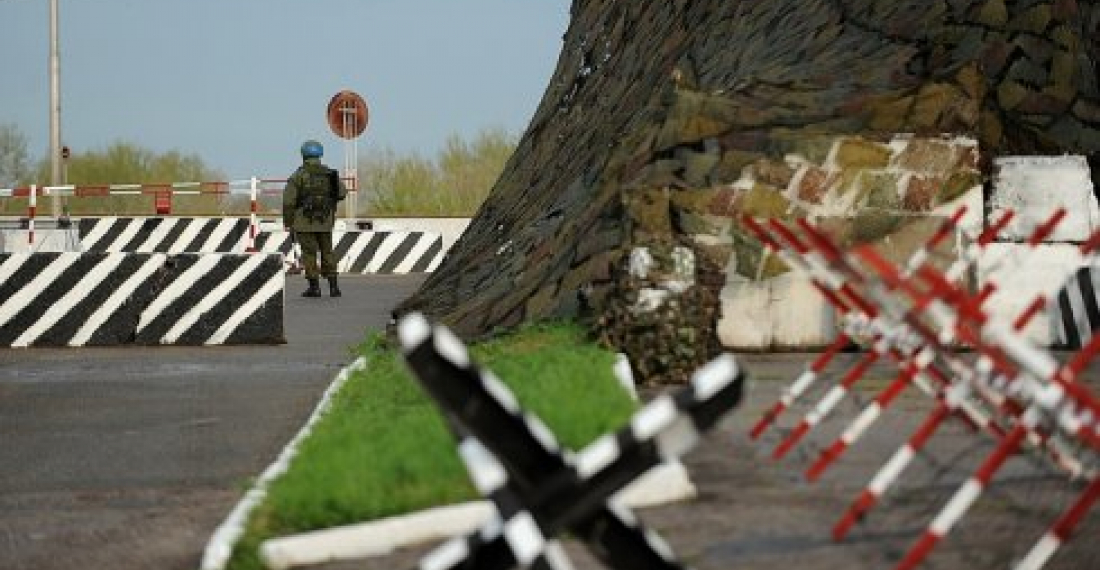The United Nations General Assembly has passed a resolution urging immediate and complete withdrawal of Russian peacekeepers from the Moldovan region of Transnistria.
The resolution was passed by a simple majority of votes on Friday (22 June), with 64 nations voting in favour, 15 against, and 83 abstansions. The resolution was initiated by Moldova, jointly with Georgia, Canada, Latvia, Lithuania, Romania, Ukraine, and Estonia.
It calls on the United Nations General Assembly to put the issue of the withdrawal of foreign forces from Moldova on the agenda of its 73rd session.
Introducing the resolution Moldova's Foreign Minister noted that the Operational Group of Russian Forces were stationed in his country without its consent. The principles of sovereignty and territorial integrity were at stake, he noted, underscoring that the proposed resolution was in no way a bid for confrontation, nor was it intended to politicize the issue.
The representative of the European Union, speaking after the adoption of the resolution, reaffirmed the EU's support for the sovereignty and territorial integrity of the Republic of Moldova within its internationally recognized borders. Highlighting the importance of completing the processes that began on the basis of commitments agreed at the 1999 Istanbul Summit, she recalled that respect for the Republic of Moldova's neutrality was a key element contributing to efforts on the peaceful resolution of the Transnistria conflict.
The Russian news agency TASS quoted Dimitry Polyanski, the Deputy Permanent Representative of the Russian Federation at the UN as saying that the outcome was "regretful". "Excessive politicization of the problem occurred at the very moment when we see certain progress in talks between Chisinau and Tiraspol", he added.
Acording to TASS, the Russian side suggested the voting be postponed to have more time to discuss the draft in more detail but its initiative was turned down.
Apart from Russia, the other 14 countries that opposed the resolution were Armenia, Bolivia, Belarus, Burundi, Cuba, North Korea (DPRK), Iran, Myanamar, Nicaragua, Sudan, South Sudan, Syria, Venezuela, and Zimbabue.
Georgia, Azerbaijan and Tiurkey were among those supporting the resolution. The Central Asian republics either abstained or did not participate in the vote
source; commonspace.eu
photo: A Russian soldier at a check point in Tirsapsol (picture courtesy of TASS news agency)







